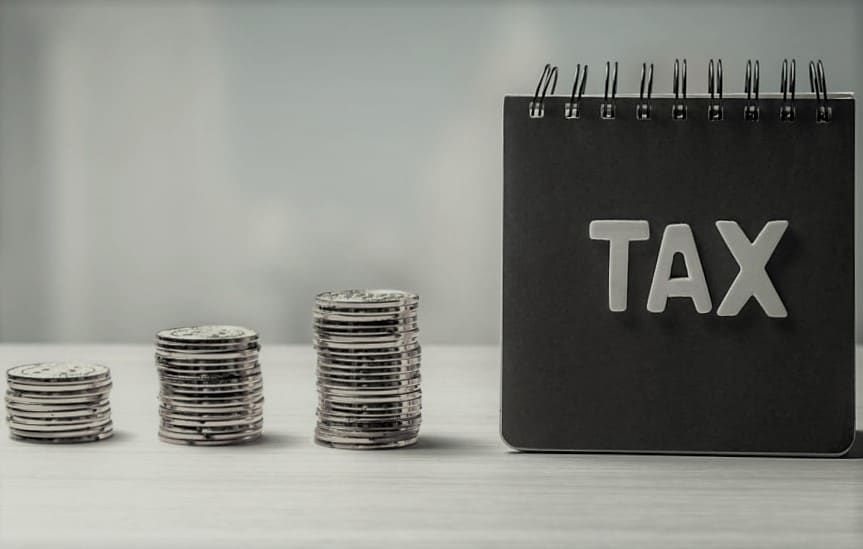Tax fraud refers to the deliberate act of evading taxes or falsely claiming benefits from the Australian Tax Office (ATO) or the Victorian Tax Administration. Tax fraud is a criminal offence in both Commonwealth and Victoria, as outlined in the Commonwealth Criminal Code Act 1995 and the Victorian Tax Administration Act 1997. The ATO and the Commonwealth Director of Public Prosecutions (CDPP) are responsible for investigating and prosecuting cases of tax fraud. Tax evasion, the most common form of tax fraud, is subject to penalties including fines or imprisonment. Legal defences such as a factual dispute or lack of intention are available to individuals charged with tax fraud, depending on the circumstances of their case.
Tax Fraud at Commonwealth
Tax fraud encompasses an array of situations where an individual fails to declare their earnings, or falsely claims income reductions, refunds, or benefits to the Australian Tax Office (ATO). This may occur when someone is filling in their tax return form, or when an individual fails to declare work done for cash in hand. The ATO is responsible for investigating suspicious tax activity. Individuals flagged for suspected tax fraud are subjected to an audit, commissioned by the ATO. Audits involve examination and analysis of source documents related to the tax claim (for example, if you are claiming a work-related expense, they would likely ask for the receipt). If the ATO believes an individual has acted fraudulently, they will refer the investigation to the Commonwealth Director of Public Prosecutions (CDPP).
The CDPP regularly prosecutes cases where individuals or organisation have fraudulently exploited the tax system. This often encompasses examples where Goods and Services Tax (GST) has been defrauded. These schemes vary in sophistication from small-scale fraud to large, complex schemes. Common examples that are prosecuted include failing to report cash income, falsifying claims for GST credits as well as intermediaries such as tax agents and accountants who use their client’s taxation accounts and details to obtain benefits they are not entitled to.
Tax fraud is criminalised by Commonwealth Legislation pursuant to the Commonwealth Criminal Code Act 1995. Section 134 of the Criminal Code deals with tax fraud and related offences, criminalising instances where an individual obtains property or financial advantage by deception. Pursuant to section 134.1, a person commits an offence if they obtain property belonging to a Commonwealth entity through deception or dishonesty. This includes Tax owed to the Australian Tax Office. Similarly, section 134.2 covers instances where an individual obtains financial advantage from a Commonwealth entity by deception or dishonesty. These include cases where an individual has lied to, or misled, an officer of the Commonwealth in relation to their tax return.
In both cases, the onus of proof is on the CDPP to establish these elements beyond a reasonable doubt. If they can satisfy both elements, the charge carries a maximum penalty of 10-years imprisonment.
Tax Fraud in Victoria
Tax fraud is also a criminal offence in Victoria pursuant to the Victorian Tax Administration Act 1997.
There are several ways in which a person can be charged with a tax related offence in Victoria. The most common is known as ‘tax evasion’, which is criminalised by with section 61 of the Act. This section stipulates that a person must not by a deliberate act or omission, evade or attempt to evade tax. For a person to be charged, the prosecution must prove all elements described beyond a reasonable doubt. The elements at play for tax evasion in Victoria are: 1) that the accused person evaded or attempted to evade paying their respective tax amount; 2) they did so deliberately, by either an act or omission. With respect to the first element, the Tax Administration Act does not provide a legal definition for the term ‘tax evasion’, however, the courts have applied the regular meaning of the word ‘evade’ when interpreting this section. As such, to ‘evade’ is to avoid paying the requisite tax owed to the ATO. Moreover, with respect to the second element, the prosecution must prove that the evasion was ‘deliberate’, through act or omission. This means that they must prove a level of moral wrongdoing, where an individual was more than careless in their actions (I.e., they must have deliberately filled in the tax return form incorrectly).
If an individual has been charged with tax evasion, there are several legal defences available. These include: 1) a factual dispute – where an individual disputes the factual nature of the alleged offending (i.e., the prosecution has inaccurate evidence); 2) a lack of intention – where an individual did not deliberately avoid or attempt to avoid paying their required tax amount.
It is important to note that the defences available to individuals charged under the Act depends on the circumstances of their case.
Ultimately, if the prosecution can establish both elements and an individual is found guilty, the maximum penalty for tax evasion is a fine of 1,000 penalty units ($165,220.00) in the case of a body corporate. In any other case, the court may impose a maximum of 200 penalty units ($33,044.00) or imprisonment for two years, or both.
How Galbally Parker Tax Fraud Lawyers Can Help
Tax fraud is a serious issue in Australia, with both Commonwealth and Victoria having laws in place to prosecute individuals who deliberately evade taxes or falsely claim benefits. If you have been accused of tax fraud, don’t hesitate to get in touch with the tax fraud lawyers and the fraud and dishonesty lawyers at Galbally Parker.


